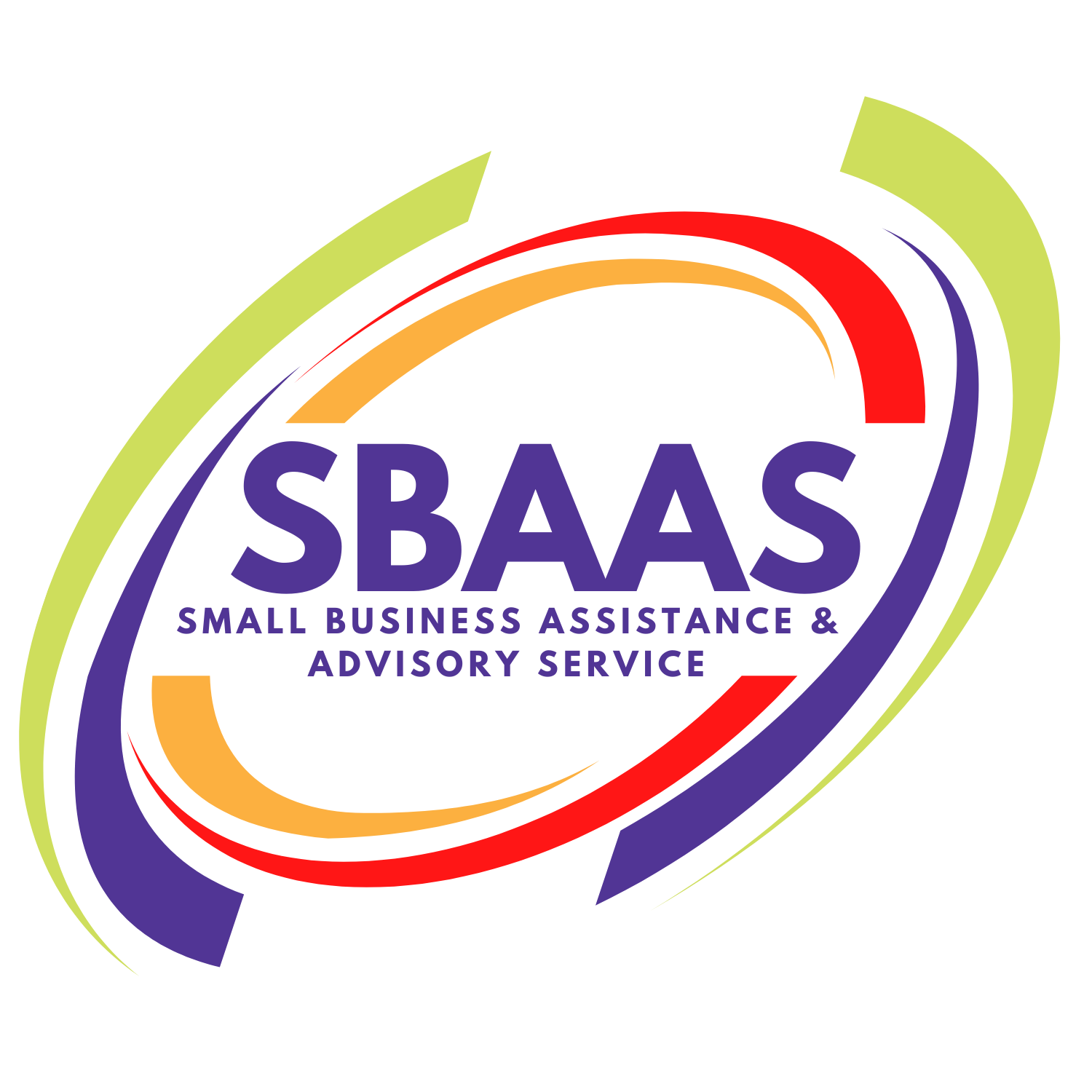Navigating the Cyber Threat Landscape: Essential Insights for SMEs
SMEs are increasingly targeted by cyber threats, with the pandemic exposing the extent of potential scams. Key vulnerabilities include hacking through remote working, where security measures like firewalls and malware protection are often overlooked. Additionally, the internet offers hackers vast opportunities to infiltrate business systems. Moreover, the rise of ransomware and phishing attacks, constituting over 25% of cyber incidents, underscores the urgent need for robust cybersecurity measures.


